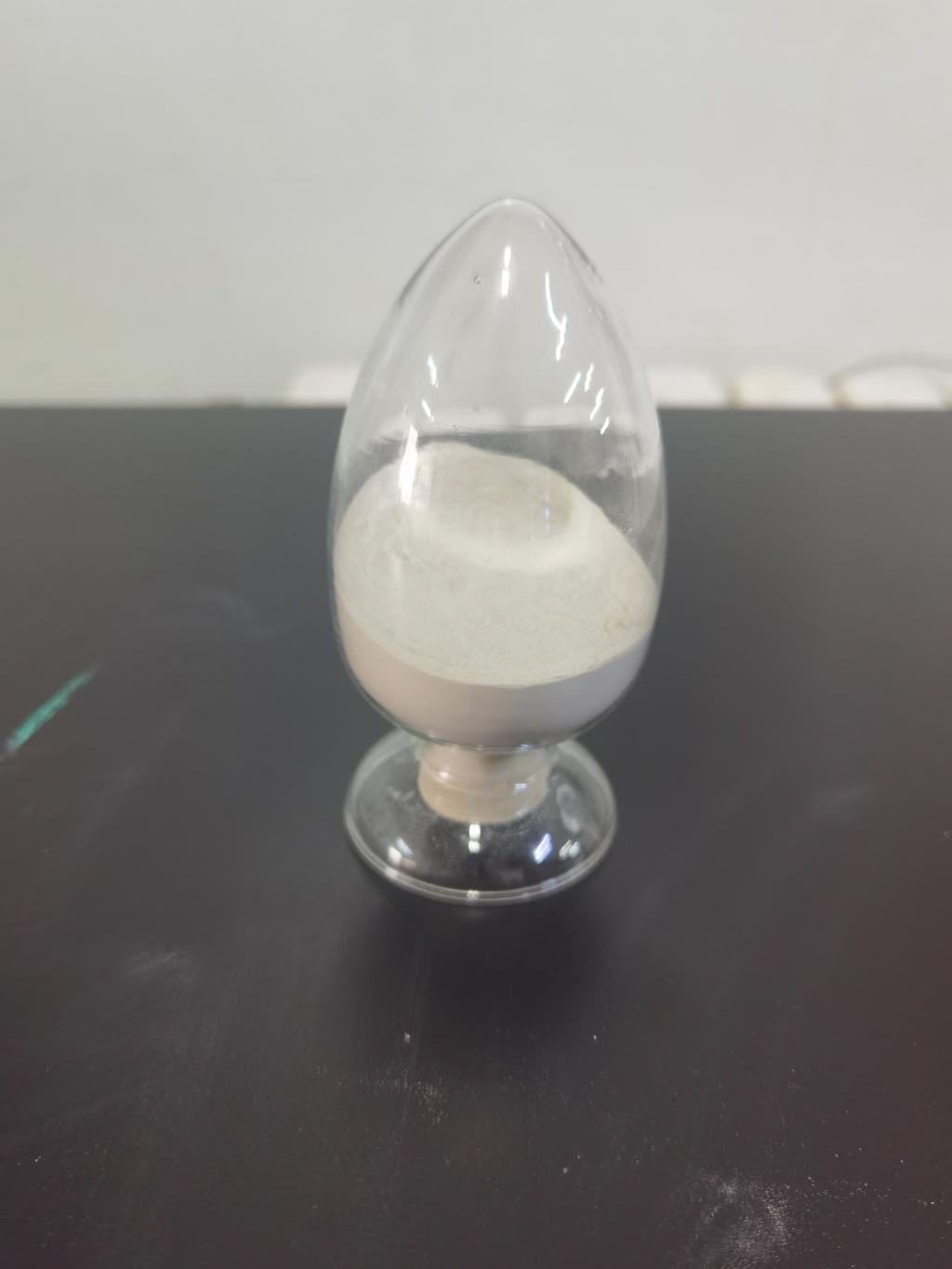Tel:+8618231198596

News
 CONTACT
CONTACT
 CONTACT
CONTACT
- Linkman:Linda Yao
- Tel: +8618231198596
- Email:linda.yao@dcpharma.cn
- Linkman:CHARLES.WANG
- Department:Overseas
- Tel: 0086 0311-85537378 0086 0311-85539701
News
The implications of nisin usage in organic food certification.
TIME:2024-11-26
Nisin and Organic Standards
Organic certification is governed by stringent regulations that prioritize natural inputs, sustainability, and the avoidance of synthetic additives. Nisin, as a naturally derived substance, is generally considered compatible with these principles. However, its acceptance in organic food systems depends on specific criteria, including:
Source and Production Process:
Nisin must be produced using non-GMO strains of Lactococcus lactis and without synthetic chemicals or artificial enhancements. Its classification as a “natural” additive under organic standards depends on adherence to these requirements.
Functional Necessity:
Organic standards often require that additives be used only when essential for food safety or functionality. Producers must demonstrate that nisin is necessary to prevent microbial spoilage or contamination and that no viable natural alternatives exist.
Consumer Perception:
Transparency in labeling is crucial. If nisin is used, it must be clearly indicated on the product label to ensure consumer trust and alignment with the organic ethos.
Benefits of Nisin in Organic Foods
Enhancing Food Safety:
Nisin’s ability to inhibit harmful bacteria like Listeria monocytogenes and Clostridium botulinum makes it a valuable tool for organic food safety. This is particularly important for minimally processed organic products, which may be more susceptible to microbial contamination.
Extending Shelf Life:
Organic foods often lack synthetic preservatives, making them more prone to spoilage. Nisin offers a natural solution for extending shelf life, reducing food waste, and maintaining quality during storage and transportation.
Supporting Clean-Label Products:
As a naturally occurring compound, nisin aligns with consumer demand for clean-label, organic-certified products that avoid synthetic or artificial ingredients.
Challenges and Regulatory Considerations
Variation in Organic Certification Standards:
Different countries and certification bodies have varying guidelines regarding the use of natural preservatives like nisin. For example:
In the U.S., the National Organic Program (NOP) permits certain natural antimicrobials under specific conditions.
In the EU, organic food regulations may impose stricter limits on additive usage, requiring further justification for nisin's inclusion.
Cost Implications:
The production and certification of nisin suitable for organic use may be more expensive than conventional preservatives, potentially increasing the cost of organic products.
Consumer Skepticism:
Despite its natural origin, some consumers may view any additive with suspicion. Educating consumers about nisin’s benefits and natural properties is essential to ensure acceptance.
Future Directions for Nisin in Organic Foods
To maximize the potential of nisin in organic food systems, the following steps are crucial:
Harmonizing Standards: Developing unified guidelines for nisin usage across different organic certification bodies will simplify its adoption by producers.
Research and Innovation: Exploring nisin’s synergistic effects with other natural preservatives and sustainable packaging technologies can enhance its utility in organic foods.
Consumer Education: Transparent communication about nisin’s safety, benefits, and natural origin will foster trust and acceptance among organic food consumers.
Conclusion
Nisin offers significant advantages for organic food production by enhancing safety and shelf life while aligning with the principles of natural and sustainable practices. However, its usage must carefully adhere to the regulatory and ethical standards of organic certification. With continued research, clear guidelines, and effective consumer education, nisin can play a pivotal role in the future of organic food systems.
- Tel:+8618231198596
- Whatsapp:18231198596
- Chat With Skype







